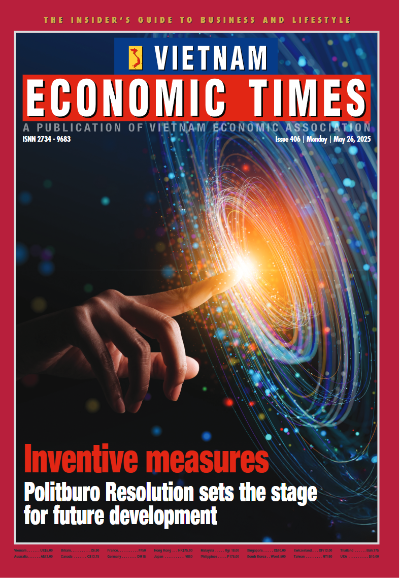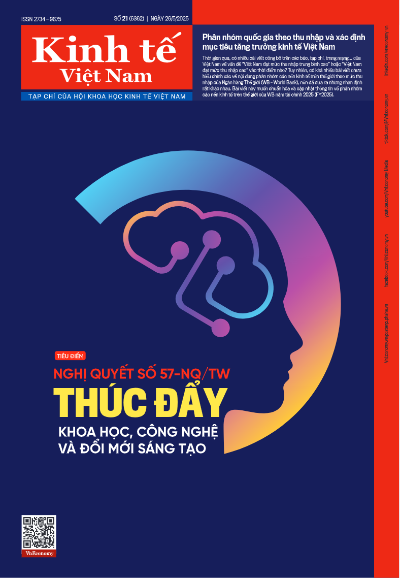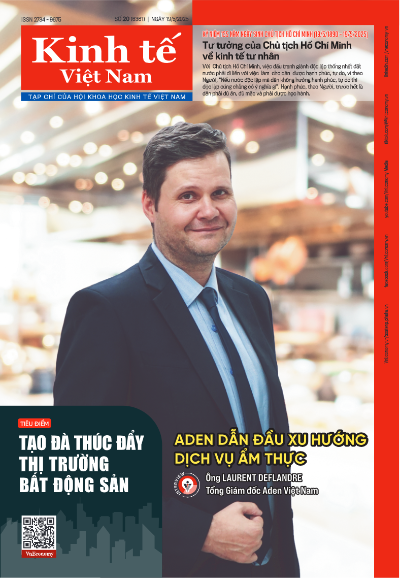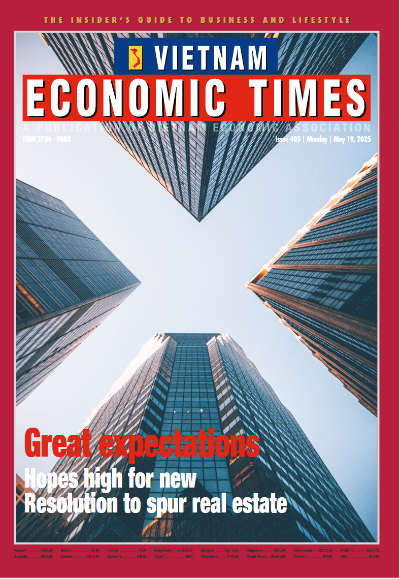The Ho Chi Minh City People's Committee has issued a development plan for the sharing economy, covering the period from 2025 to 2030.
While recognized as an emerging business model, the sharing economy is not classified as a separate economic sector. Therefore, the plan affirms that no distinct support policies are required for businesses operating within this model.
Under the plan, the city will continue reviewing and eliminating outdated business regulations that hinder traditional enterprises, ensuring uniform application across both conventional businesses and sharing economy initiatives.
Additionally, amendments and improvements to the current legal framework will be proposed to better align with sharing economy activities, particularly in clarifying roles and responsibilities among stakeholders and regulatory agencies.
At the same time, the city aims to strengthen State management capacity to ensure cybersecurity, protect personal and organizational data, and uphold national sovereignty in cyberspace. Measures will also be implemented to safeguard consumer rights, prevent tax losses, and address potential legal liabilities arising from the sharing economy model.
To support its development, the city will invest in digital infrastructure, including high-speed internet, cashless payment systems (Fintech), cybersecurity enhancements, and improved connectivity between various sharing economy services through API-based integration.
The city also plans to expand physical infrastructure, such as public transport connections and real estate rental spaces, including co-working offices and short-term accommodations, to foster growth within the sector.






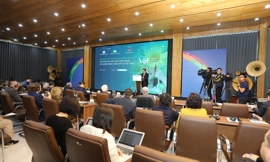
![[Interactive]: Toàn cảnh kinh tế Việt Nam tháng 7/2025](https://media.vneconomy.vn/302x182/images/upload/2025/08/0675413e3e-4a53-4c15-ae1f-e8883264607e.png)
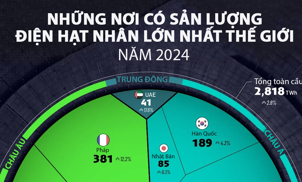
![[Phóng sự ảnh] Những điểm nhấn đặc biệt sẽ xuất hiện tại đại nhạc hội “Tổ quốc trong tim”](https://premedia.vneconomy.vn/files/uploads/2025/08/10/51be9bdd24cf4dfc86a030e2b6e3db11-2906.jpg?w=302&h=182&mode=crop)
